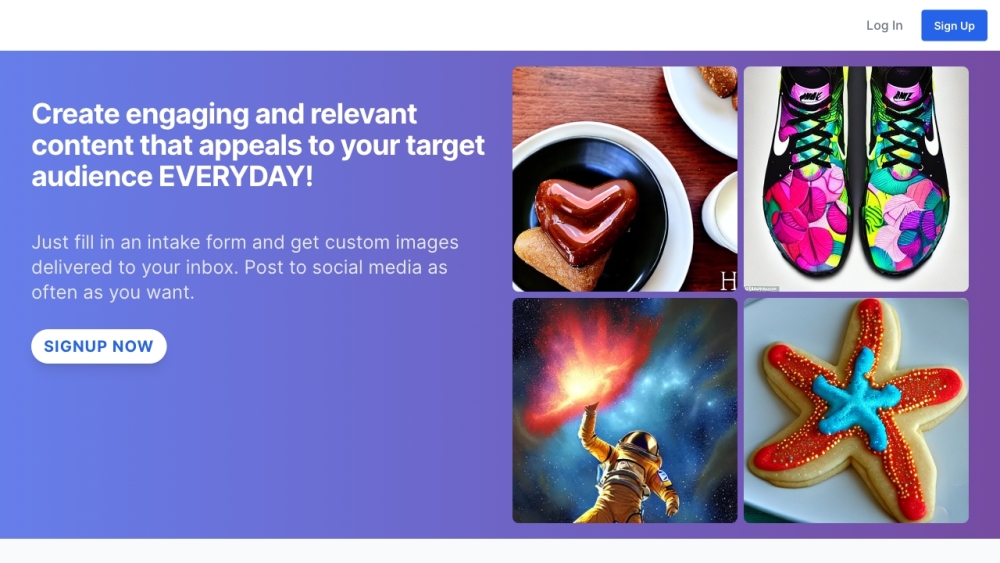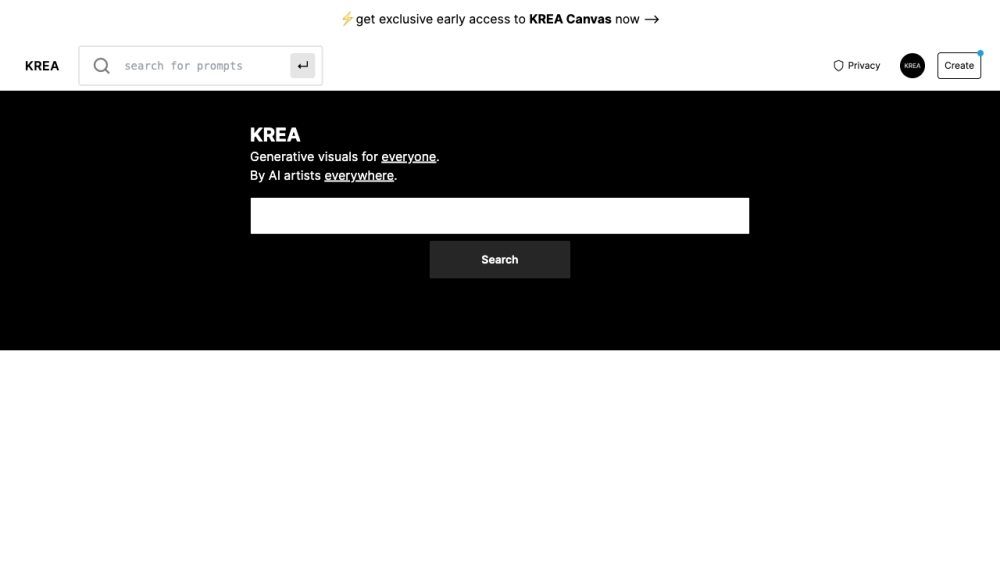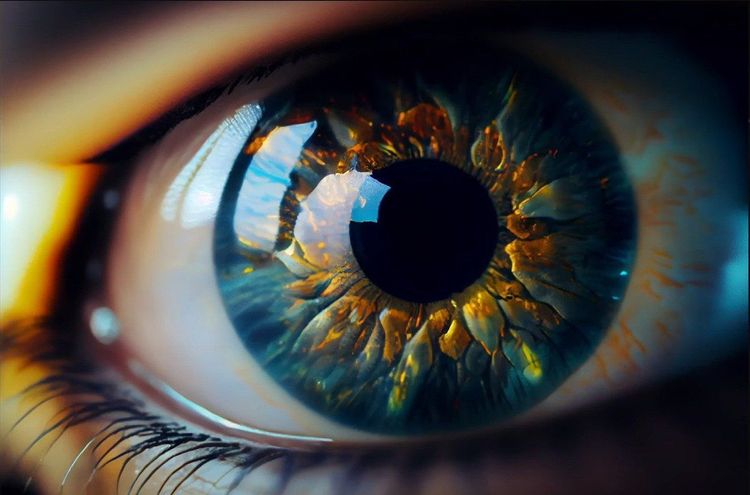The global smartphone market has experienced consecutive growth over the past three quarters, signaling a recovery from previous challenges. September marked the arrival of several major product launches: Apple unveiled the iPhone 16, Huawei introduced the Mate XT, and Honor showcased its pioneering AI Agent at the Berlin Consumer Electronics Show. Notably, Honor made a significant impact by launching the global debut of its next-generation foldable flagship, the Magic V3, coupled with the industry’s first 3K OLED tablet, the MagicPad 2, and the Honor MagicBook Art 14 Snapdragon version—a comprehensive suite of flagship devices.
The Magic V3, following the slim design of the Magic V2, introduces the innovative Honor Luban architecture, employing 19 new materials and 114 micro-structures. This advancement reduces the device's thickness from 9.9mm to an impressive 9.2mm, setting a new benchmark in lightweight foldable technology.
In terms of performance, the Magic V3 features a DSLR-level Honor Eagle Eye camera, a Qualcomm Snapdragon 8 Gen 3 processor, and a robust 5150mAh battery, achieving significant breakthroughs in performance, imaging, and battery life. Android Authority recognized it as the best smartphone at the Berlin Consumer Electronics Show.
While hardware advancements are impressive, Honor's introduction of the HONOR AI Agent garnered particular attention. This groundbreaking AI agent is the first of its kind in the mobile industry to offer a multimodal personalized experience. To demonstrate its capabilities, Honor showcased a live scenario where users could query their automatic billing subscriptions effortlessly. The AI Agent connected with payment platforms to retrieve and present relevant information, allowing users to easily manage their subscriptions.
In the wake of the ChatGPT release in November 2022, the smartphone industry has seen a surge in AI applications—from enhancing writing styles to converting voice recordings into text. However, Honor believes many of these features represent a lower tier of AI functionality. According to their four-tier AI strategy unveiled in March, these applications fall within the third and fourth tiers, which primarily focus on surface-level interactions.
Honor aims to elevate its offerings to the first two tiers: the first enabling cross-system and cross-device integration through AI, and the second reconstructing the operating system to learn and adapt to user preferences over time. Simply put, while the third and fourth tiers provide useful tools, achieving the first and second tiers means the AI can understand users' intents and autonomously engage various applications to solve problems.
The HONOR AI Agent exemplifies this vision by transforming user requests into structured tasks, coordinating multiple applications to complete these tasks, and delivering synthesized results back to the user. As the technology evolves through continuous learning and data training, the HONOR AI Agent is poised to perform even more complex tasks.
Reflecting on AI’s trajectory, Bill Gates recently expressed optimism about the role of AI Agents, predicting their emergence within the next five years. He highlighted the transformative impact these agents will have, revolutionizing the software industry and redefining how individuals interact with computers.
While the anticipated PC-based AI Agent is still on the horizon, Honor's HONOR AI Agent is set to debut on the upcoming Magic 7 series flagship smartphones, promising exciting innovations in AI technology for consumers.






